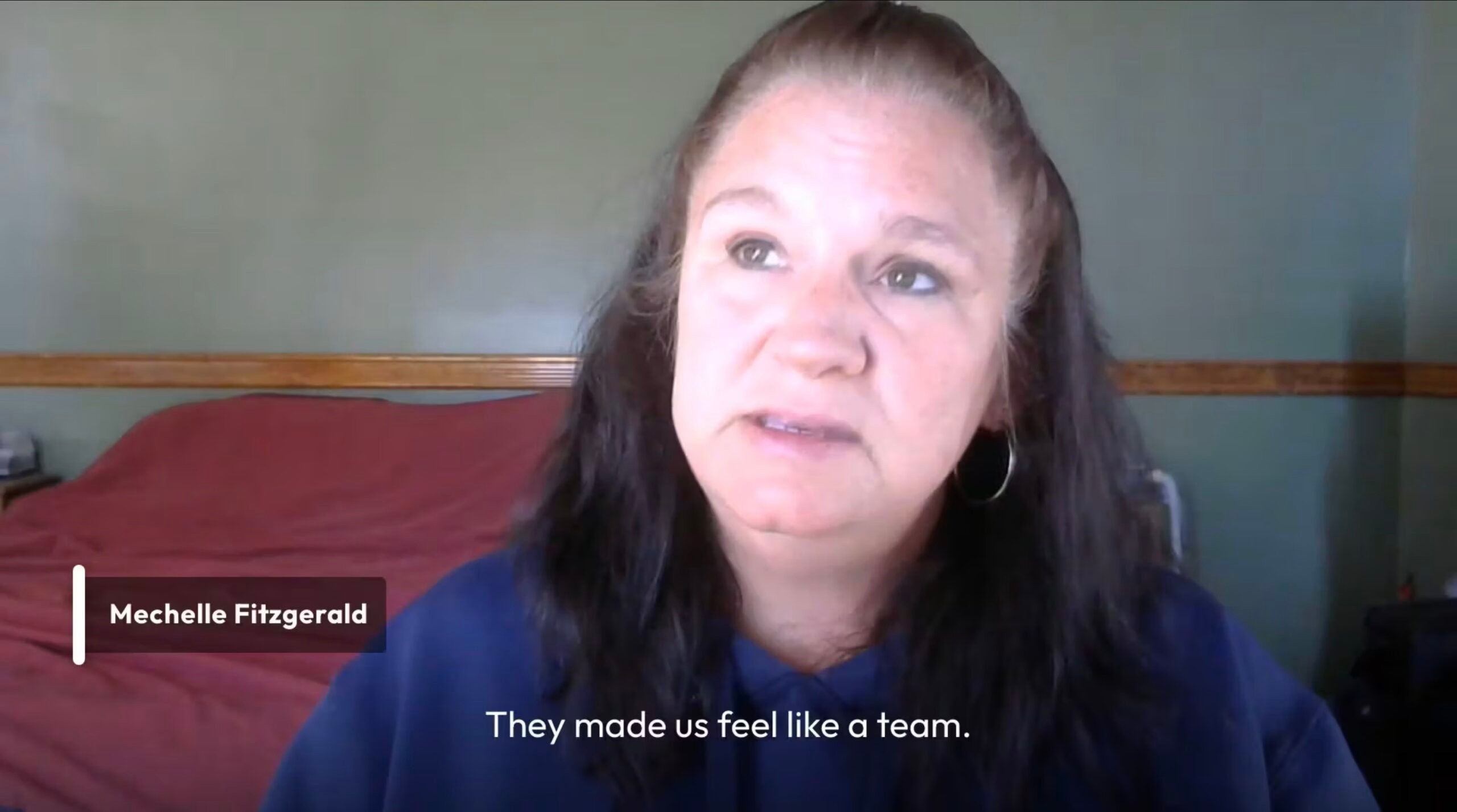What Medical Equipment Will My Child With Cerebral Palsy Be Likely to Need?

How can the right medical equipment improve the life of a child with cerebral palsy?
Cerebral palsy is a group of disorders that affect muscle tone, posture, and movement. Cerebral palsy is caused by damage to the developing brain of a child and cannot be cured. However, treatments and proper medical equipment can lead to a better quality of life for a child with the diagnosis. Obtaining necessary adaptive equipment is crucial to caring for a child with CP because it allows them to live a fuller, healthier life with greater independence.
A knowledgeable cerebral palsy lawyer can explain what vital medical equipment your child may require as they grow. If you believe your child’s CP was caused by medical malpractice, contact our law firm today to learn how a personal injury settlement could help ensure that your child has the care and equipment they require.
What types of medical equipment are commonly used by people with cerebral palsy?
Because cerebral palsy can impact a child’s movement abilities and how they interact with the world, it can be crucial to know about different devices that can help your child participate in more activities.

Proper adaptive equipment can enormously impact your child’s emotional and physical well-being. Devices that may be necessary for your child include the following:
Mobility Aids
Different types of movement can be challenging for children with cerebral palsy. Adaptive equipment can help your child maintain independence, spend social time with peers, and even improve their muscle coordination. The type of mobility aids that will be appropriate for your child will depend on their individual needs and may include:
- Gait trainers
- Power or manual wheelchairs
- Standers
- Walkers
- Crutches and canes
- Hand splints to assist with gripping and lifting items
- Therapeutic crawling devices for toddlers
- Specialized tricycles and bicycles
Assistive Technology Devices
Some children with cerebral palsy may face challenges with communication, eating, and other daily tasks. Assistive technology devices exist to help them independently perform these actions or goals. Individuals with CP can have better interaction with the world and the people in their lives with the help of devices and technology, including:
- Voice-activated controls
- Hearing aids
- Adaptive eating utensils
- Tablets that can be used for communication and learning
- Text-to-speech or gesture-to-speech devices
- Communication boards
Orthotics
Orthotic devices are custom-built braces or footwear that provide stability and support to improve mobility for children with cerebral palsy. They can help reduce pain, correct underdeveloped muscles, and protect joints from damage caused by trips, stumbles, or spastic episodes. A wide variety of orthotic devices can be designed to meet your child’s individual needs. Common types of orthotics include:
- Foot orthotics: Shoe inserts or specially made shoes that fit the child’s foot and provide balance and comfort while walking.
- Ankle foot orthotics (AFOs): L-shaped, semi-rigid braces that bring up the foot and keep the foot and ankle aligned and supported.
- Knee-ankle-foot orthotics (KAFOs): Hinged devices that stabilize the entire leg and can significantly help children who are learning to walk or have limited movement.
- Spinal orthotics: If your child has muscular control issues in their torso, these devices can help them sit up or stand more easily.
Transportation Aids and Vehicle Modifications
Getting into a vehicle and taking a trip of any length can be difficult or painful for a child with cerebral palsy. Vehicle modifications can make it easier for you and your child to attend events, family gatherings, doctor appointments, and more.

Once at your destination, it can be necessary to have other transportation aids, especially if your child is very young or has severe difficulties with mobility. Without the right equipment for lifting and movement, you can risk injury to yourself and your child. Examples of vehicle modifications and transportation aids may include:
- Manual or motorized lifts and ramps
- Harnesses for car seats
- Swiveling car seats
- Wheelchair carriers
- Custom-built seats
- Strollers designed with chest straps or other features that increase comfort and safety for a young child with CP
- “All-terrain” wheelchairs that can handle beach sand and other outdoor surfaces
Other Durable Medical Equipment
Your doctor or therapist may also recommend the installation or use of other types of equipment that can make your child’s life easier, such as:
- Toilet chairs
- Bathing chairs and lifts
- Brachiation kits (equipment similar to a jungle gym that can be used as a fun way to train muscles.)
- Handrails or grips on the walls of your home
- Sleep aids, like weighted blankets or adjustable beds
What factors should you consider when looking at equipment for your child?
Your child’s needs will dictate which types of equipment are most appropriate, and your doctor and physical therapist may make recommendations and can answer any questions you may have. As a parent, it is essential to consider what items your child may require to keep up with their peers and be an active participant in their world. Being as independent as possible allows much-needed room for your child to grow, explore, and learn.

Because adaptive equipment is meant to last for an extended period of time and can be quite expensive, it is vital to do your research when making decisions. If possible, allow your child to try out the equipment during a physical therapy appointment or with a vendor. Once you have chosen an item, ensure it is properly fitted to your child. Check frequently for sores, rubbing, or any discomfort, and do not be afraid to ask for assistance if something is not fitting or working correctly.
How can a personal injury lawyer help you?
Continuing advances in adaptive equipment are helping children with cerebral palsy have more independence and mobility in their daily lives. Various types of medical equipment are available, and the professionals involved in your child’s care can help you determine which devices could benefit your child. However, these critical items can be costly.
If your child’s cerebral palsy occurred as the result of medical negligence, an experienced nationwide birth injury lawyer may be able to help you recover compensation that will allow you to pay for their medical equipment and long-term care needs. Contact Villari, Giannone & Matteo P.C. today at 610-609-8477 to learn more about your legal options.
![Quote]() "Want to thank all of you once again not only for your professional services but your friendship and feeling like family through all of these past four years as we fought to rebuild Stefanie's life. I could not have made a better choice for helping us through this ordeal."
"Want to thank all of you once again not only for your professional services but your friendship and feeling like family through all of these past four years as we fought to rebuild Stefanie's life. I could not have made a better choice for helping us through this ordeal."Karl
- "They are all very helpful, caring and they do everything to try to make sure you as a client are OK and get you what you deserve. I would recommend them to anyone. They are a great law firm."
Tiffany
![Quote]() "I will happily be recommending your firm to anyone who may need your help in the future because of Jen, Eric and Brian."
"I will happily be recommending your firm to anyone who may need your help in the future because of Jen, Eric and Brian."Michelle
Hear What Our Clients Have to Say






